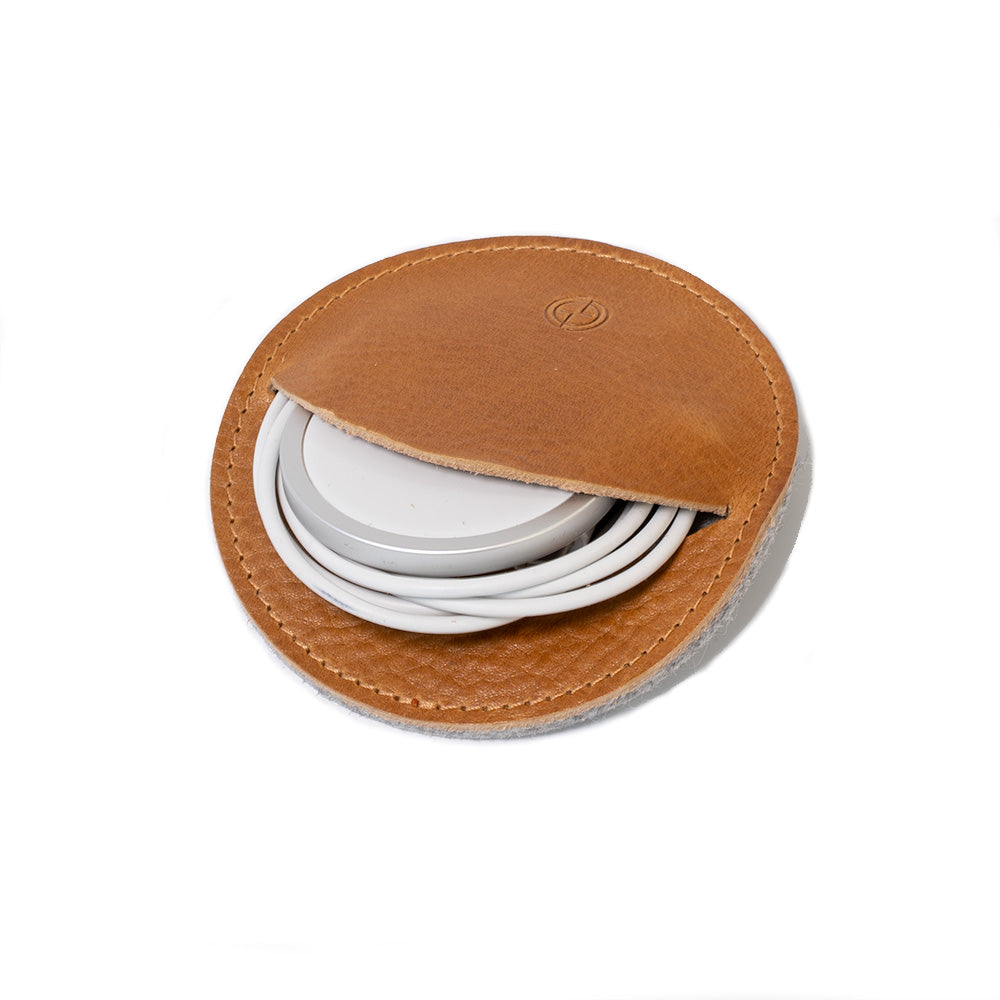MagSafe, the wireless charging system developed by Apple, has sparked conversations about its potential effects on the health of iPhone batteries.
The main concern revolves around the heat produced during the charging process. It's a well-known fact that excessive heat can deteriorate battery health over time. However, it's crucial to understand that your iPhone can heat up due to various activities, not just charging. Activities like playing high-end games, using GPS navigation, or recording high-definition videos can significantly raise your iPhone's temperature.
While it's accurate that MagSafe can produce more heat than conventional wired charging, Apple has incorporated measures to control this. For example, if the iPhone identifies an overheat during a MagSafe charging process, it can adjust the charging speed to reduce heat production. Moreover, the iPhone is equipped with an integrated thermal management system that guarantees the device stays within a safe operating temperature.
Thus, although MagSafe charging might cause your iPhone to heat up more than it would with standard wired charging, it's not necessarily detrimental to your battery's health, particularly if you're adhering to advised battery care practices.
Here are some user and research-backed tips to help prolong your iPhone's battery life:
Avoid Extreme Charging Practices: Aim to keep your iPhone's battery level between 20% and 80%. Charging to 100% or letting it drain completely can stress the battery and degrade its health over time.
Use Optimized Battery Charging: This feature learns your daily charging routines and slows down battery charging to 80% until you need to use it.

Manage Heat: Avoid exposing your iPhone to high temperatures, and refrain from activities that can cause your iPhone to heat up for prolonged periods.
Monitor Battery Health: Regularly check your iPhone's battery health in the settings. If you notice a significant decrease in the maximum capacity or if your iPhone needs to perform peak performance capability, it might be time to think about replacing the battery.
Calibrate Your Battery: If you perceive that your iPhone's battery percentage appears inaccurate, you might need to calibrate your battery. This process involves entirely draining the battery and then charging it back up to 100%.
Bear in mind, all batteries inherently degrade over time due to internal chemical reactions. However, by sticking to these practices, you can slow down this process and extend your iPhone's battery life.
A research paper titled "Li-ion Battery Reliability – A Case Study of the Apple iPhone®" by Yongquan Sun, Lingxi Kong, Hassan Abbas Khan, and M. Pecht, offers several insights into the factors that contribute to the degradation of iPhone batteries, including those charged with MagSafe. The study highlights that not all battery reliability issues can be attributed to normal battery degradation; battery manufacturing defects and high C-rate applications are also identified as contributors to battery reliability and performance issues.
The performance and reliability of batteries installed in products often differ significantly from batteries in predefined laboratory test settings. The current and power delivered from the batteries depend on the usage demands of the products and their applications. As the usage (discharge) profile and environmental conditions for a battery deviate from laboratory experiments, the performance may significantly deviate from predicted behaviors.
In conclusion, while MagSafe charging can produce more heat than traditional wired charging, it's not the only factor that can affect your iPhone's battery health. Other factors such as manufacturing defects, high C-rate applications, and the overall usage and environmental conditions of your iPhone can also contribute to battery degradation. Therefore, it's essential to follow good battery health practices and be mindful of how you use and charge your iPhone.




